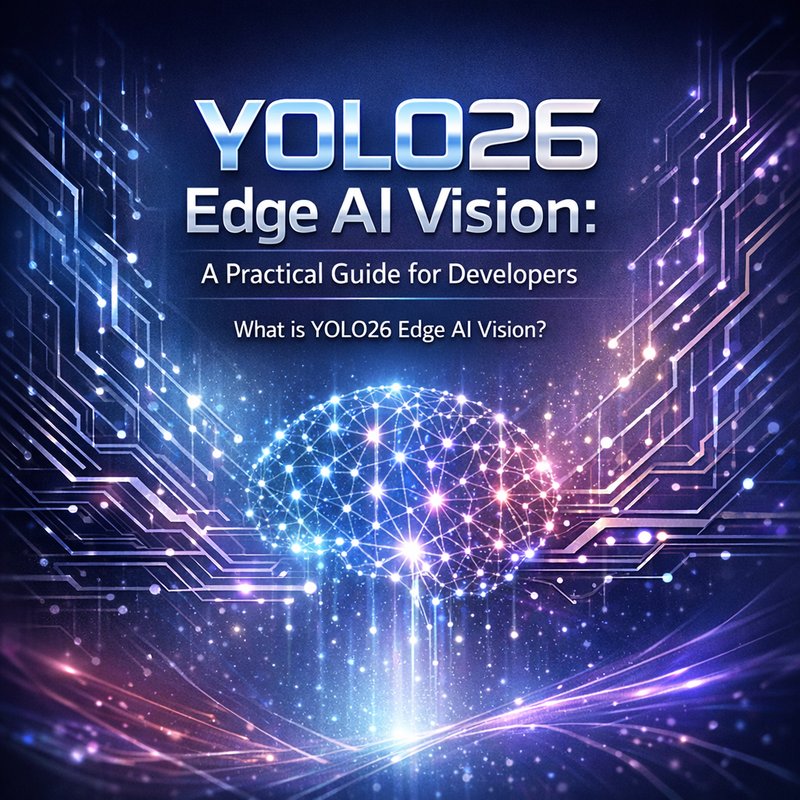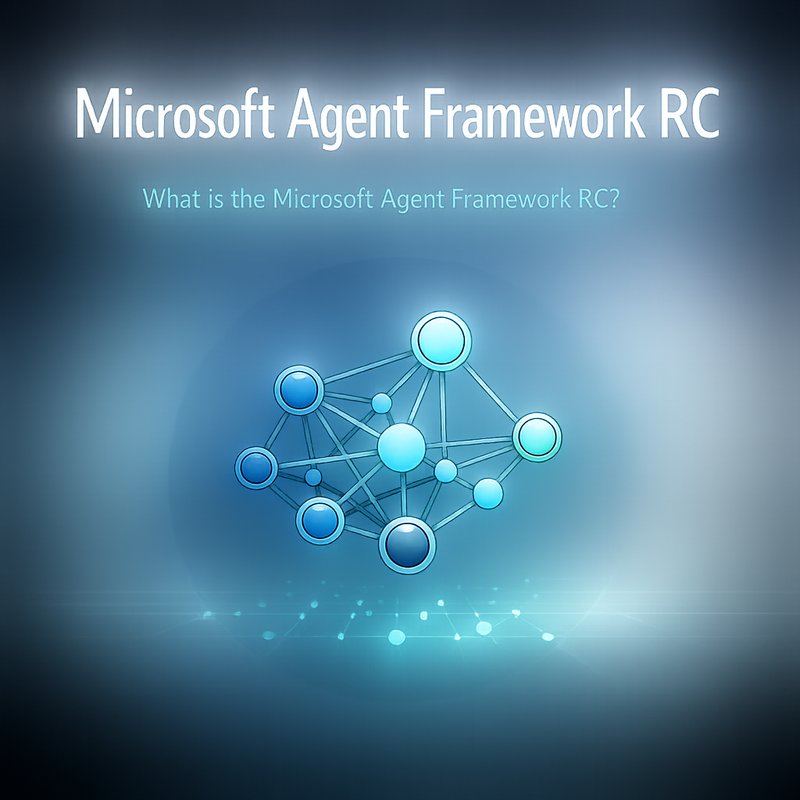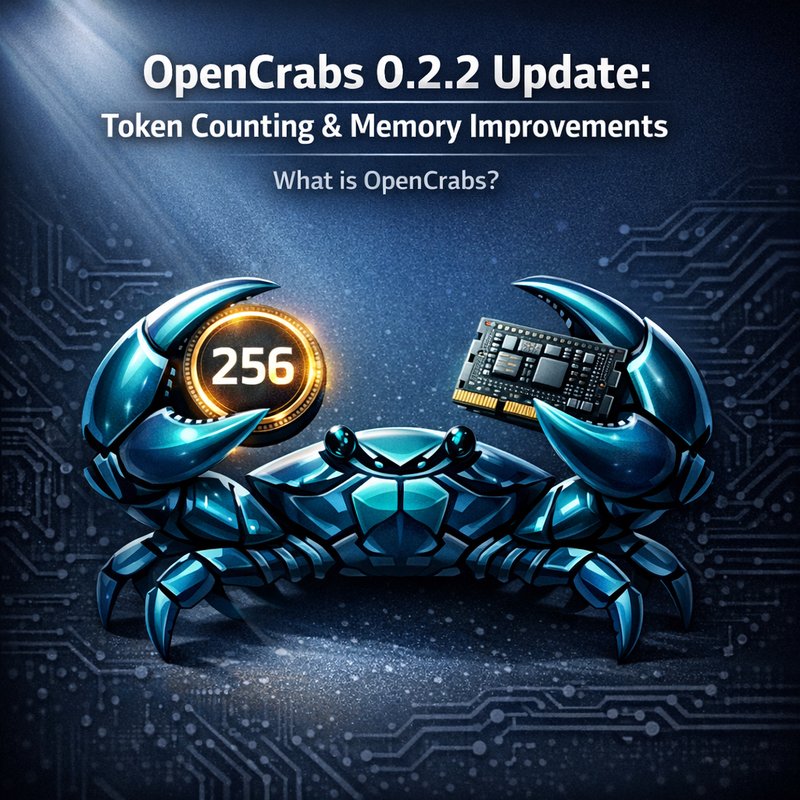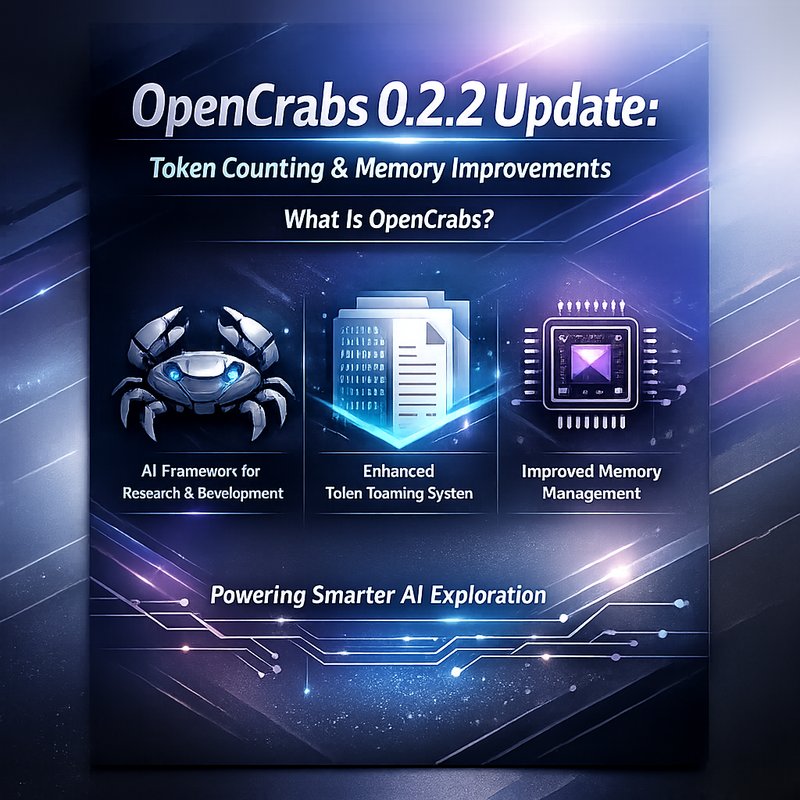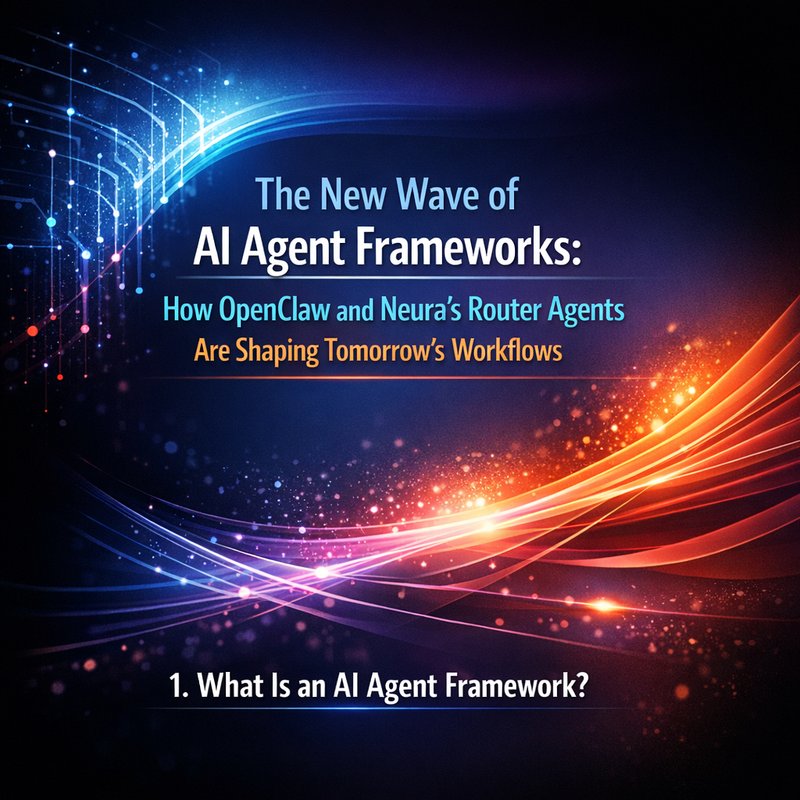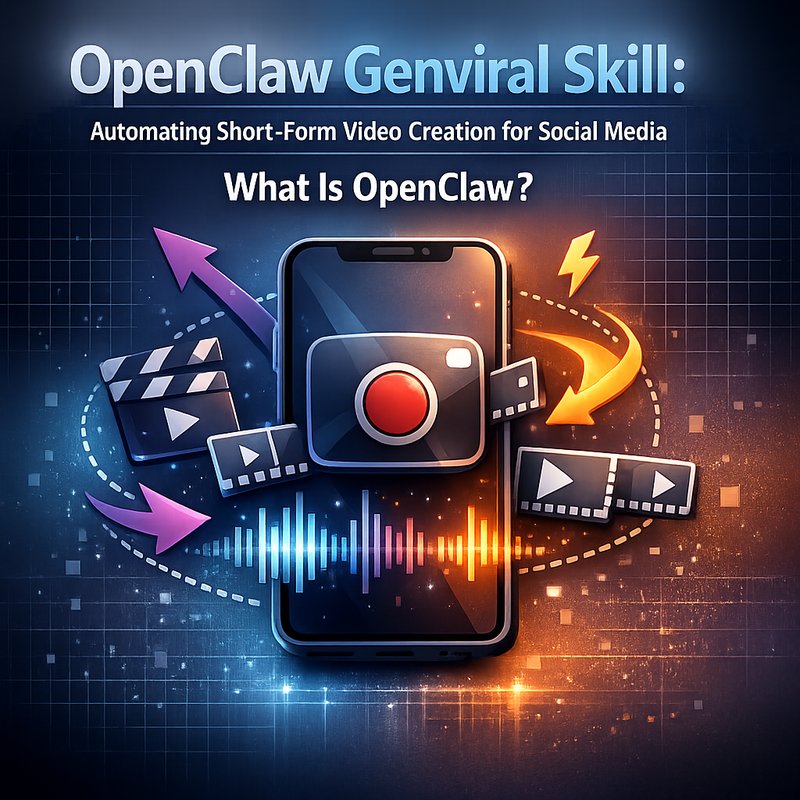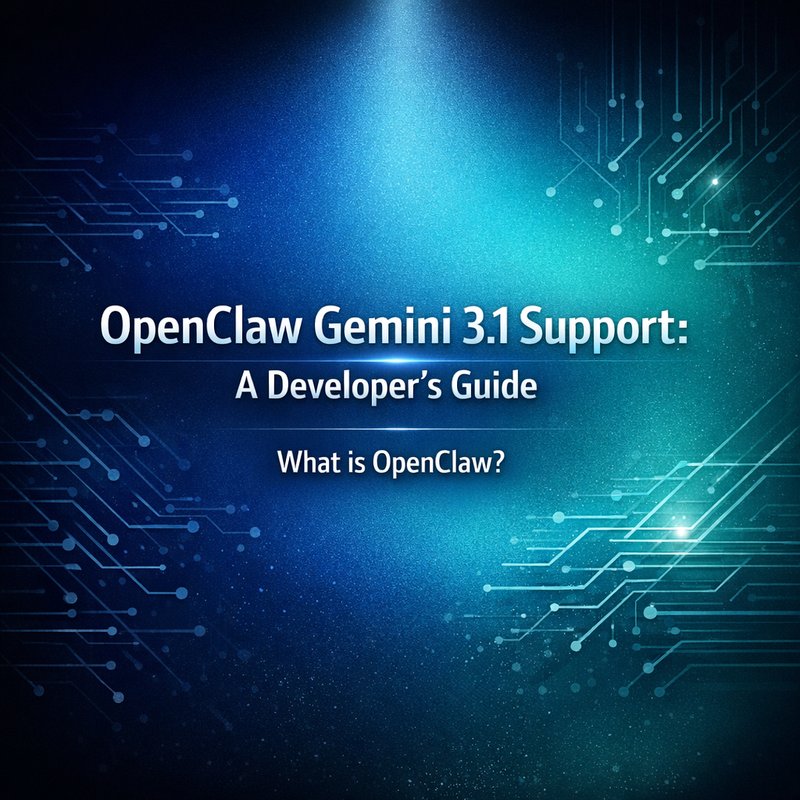AI agent automation is reshaping how we work with computers. In 2025, tools that let an AI act on your behalf in browsers, editors, and terminals are no longer a future idea—they’re part of everyday life. AI agent automation lets people spend less time clicking and more time thinking. It also lets small teams do more with fewer resources. This article explains how browser‑based AI agents work, how they compare to recent models like Gemini 3 Pro, DeepSeek R1, and Claude Sonnet, and why developers and business leaders are excited about these changes.
The Rise of Browser‑Based AI Agents
Browser‑based AI agents are programs that can read a webpage, interpret its structure, and perform actions such as filling out forms, clicking links, and scraping data. They use large language models (LLMs) as the brain and a set of APIs to talk to the browser.
Key Players in 2025
- DeepAgent – A commercial solution that plugs into Chrome and Edge to automate repetitive tasks.
- Agent 365 – A cloud‑hosted agent that can run across multiple browsers and devices.
- Antigravity – An open‑source agent that works on Windows, macOS, and Linux and can orchestrate code editors and terminal commands.
These tools all use the same core idea: a reasoning engine that decides what to do next, a knowledge base to remember past actions, and a control plane that routes the request to the correct browser or application.
How AI Agent Automation Works Under the Hood
- Prompt Engineering – The user gives a natural‑language instruction.
- LLM Reasoning – The model turns the instruction into a series of sub‑tasks.
- Tool Execution – Each sub‑task is sent to a tool (e.g., click, type, read) with a small prompt.
- Feedback Loop – The agent receives the result, checks if the goal is met, and repeats if needed.
The new generation of LLMs, like Gemini 3 Pro, DeepSeek R1, and Claude Sonnet 4.5, have higher reasoning depth and lower hallucination rates, which makes the entire process more reliable.
Gemini 3 Pro vs. Other Models
Benchmark tests such as Humanity’s Last Exam and GPQA Diamond show that Gemini 3 Pro beats older Google models and competitors like GPT‑5.1 and Claude Sonnet 4.5 on both reasoning and tool‑use. These results give confidence that browser‑based AI agents using Gemini 3 Pro will handle complex workflows with fewer errors.
Open‑Source Alternatives
- Qwen 3 – Alibaba’s open‑source LLM released in April 2025. It is strong at tool use and reasoning, making it a good fit for community‑driven agents.
- Antigravity – Combines multiple LLMs (Gemini 3 Pro, Claude Sonnet 4.5, and GPT‑OSS) and offers “Thinking Levels” to tune how deep the agent thinks before acting.
Why AI Agent Automation Matters
For Developers
- Fast Prototyping – Instead of writing scripts to scrape data, you ask the agent: “Collect the top 10 news stories from the homepage.”
- Less Boilerplate – The agent handles the low‑level browser interactions, letting you focus on business logic.
- Cross‑Platform Support – Tools like Antigravity work on Windows, macOS, and Linux, which is handy for remote teams.
For Non‑Tech Teams
- No Coding Needed – Marketers can ask an AI to fill out a spreadsheet with campaign metrics.
- Consistency – The agent follows the same steps every time, reducing human error.
- Cost Savings – Small companies can outsource repetitive tasks to an agent instead of hiring specialists.
Real‑World Use Cases
| Role | Problem | AI Agent Automation Solution | Outcome |
|---|---|---|---|
| Data Analyst | Manual web scraping for market reports | Use Gemini‑powered agent to collect data from multiple sites and format in CSV | Cuts data collection time from 3 days to 2 hours |
| Customer Support | Responding to FAQ across web pages | Agent reads FAQ section and auto‑answers in chat | 30 % reduction in response time |
| Software Engineer | Test UI flows across browsers | Agent navigates through the test suite, logs failures | 40 % faster test coverage |
| HR Manager | Screening resumes posted online | Agent pulls resumes, extracts key skills | 50 % faster hiring cycle |
These examples show that AI agent automation is not just a novelty; it delivers real productivity gains.
Getting Started with an Open‑Source Agent
Below is a step‑by‑step guide to setting up Antigravity on a Windows machine. This example uses Gemini 3 Pro as the underlying model.
Prerequisites
- Python 3.10+ installed.
- Google Cloud account with API keys for Gemini.
- Git to clone the repository.

Installation
git clone https://github.com/antigravity/antigravity.git
cd antigravity
pip install -r requirements.txt
Configuration
Create a file called config.yaml:
model: "gemini-3-pro"
api_key: "YOUR_GEMINI_API_KEY"
thinking_level: 3
Running the Agent
python run_agent.py "Collect the latest 5 tech blog posts from dev.to"
The agent will open a browser, navigate to dev.to, gather titles and links, and save them in a JSON file.
Troubleshooting
| Issue | Fix |
|---|---|
| “API key invalid” | Double‑check the key and permissions in Google Cloud. |
| Browser not launching | Ensure Chrome or Edge is installed and PATH is set. |
| Slow response | Increase thinking_level or use a smaller model. |
Comparing Commercial and Open‑Source Options
| Feature | DeepAgent | Agent 365 | Antigravity |
|---|---|---|---|
| Pricing | $49/month | $29/month | Free |
| Platform | Chrome/Edge | Cloud | Windows/macOS/Linux |
| LLM Integration | Proprietary | Proprietary | Gemini 3 Pro, Claude, GPT‑OSS |
| Custom Tool Creation | Yes | Yes | Yes |
| Community Support | Limited | Community forum | GitHub Issues |
While commercial solutions provide polished interfaces, open‑source agents like Antigravity give developers more control and the ability to modify the model or add new tools.
The Future of AI Agent Automation
- Multi‑Modal Agents – Soon, agents will handle images, audio, and video as well as text, enabling tasks like video editing and image annotation.
- Better Memory – Agents will store past interactions for months, reducing repetitive prompts.
- Zero‑Shot Reasoning – New models will require fewer prompts to understand and complete tasks.
- Enterprise‑Grade Security – Providers will add encryption and role‑based access to protect sensitive data.
These advances will make AI agent automation a cornerstone of digital workspaces.
How Neura AI Supports AI Agent Automation
Neura AI’s platform includes an AI‑powered router that can direct requests to the best model for a given task. The Neura Artifacto interface lets users write simple prompts like “Book a meeting with the marketing team next week,” and the underlying agents handle the calendar, email, and chat tasks. For developers, the Neura Router API lets you plug custom tools and models into a single endpoint.
Visit Neura AI to explore the product suite, and check out the product overview for detailed use cases.
Key Takeaways
- AI agent automation is a game‑changer for both tech and non‑tech users.
- Browser‑based agents use large language models to understand and execute tasks.
- Gemini 3 Pro leads in benchmarks, making it a reliable choice for mission‑critical automation.
- Open‑source agents like Antigravity provide flexibility and cost‑free access to the latest models.
- Neura AI offers tools and APIs that help teams integrate agent automation into their workflows.
If you’re looking to boost productivity, consider testing an AI agent automation solution in your own projects today.

